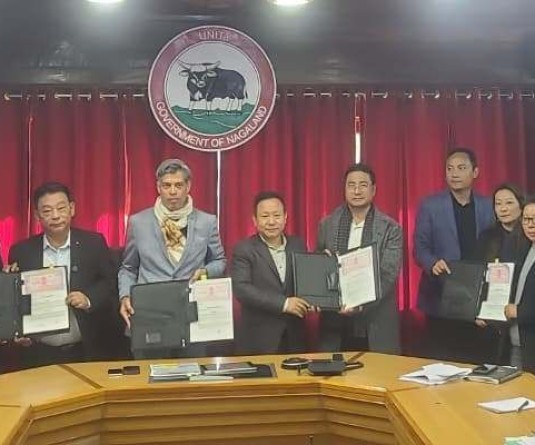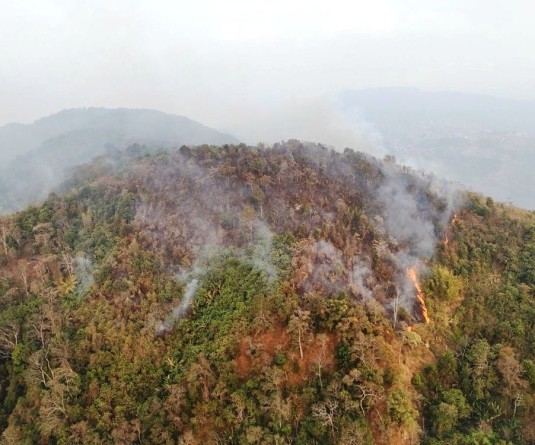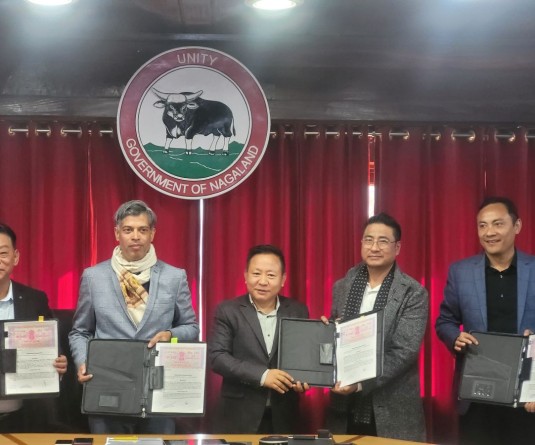
Morung Express News
Kohima | October 30
As discussions on the proposed Frontier Nagaland Territory Authority (FNTA) continue, comprehensive consultation and deliberation among leaders from Eastern Nagaland is being recommended.
Nagaland Government Spokesperson and Minister for Power & Parliamentary Affairs, KG Kenye, cautioned that miscommunication and lack of internal consensus could lead to misunderstandings, noting, “There appear to be some points where they are not familiar.”
He expressed concern that while the FNTA issue is relevant to all Nagas, leaders from the Eastern territory should take a more active role.
“If there are miscommunications, and tomorrow, without proper consent or consultation, decisions are taken, it would be very unfortunate for the group concept, and that should not happen,” he said.
Kenye urged the negotiating parties to involve all stakeholders, particularly the 20 elected leaders from the Eastern Nagaland Peoples' Organisation (ENPO) region. “They are not self-appointed; they are elected by the people, and whatever is being negotiated today is for the same people,” he stated.
Emphasising the need for understanding, coherence, and unanimity while resolving issues, he said the State Government has communicated the factual position regarding the official structure and clarified where accommodating demands may not be possible.
On the ‘unique arrangement’ claimed by the ENPO, Kenye explained that the uniqueness may lie in comparison with other autonomous councils, but it is difficult to say whether it will follow the Sixth Schedule exactly.
Citing challenges in departmental management, he noted that the Power Department is almost entirely dependent on centrally sponsored projects and schemes. “It generates little or almost no revenue independently. If the new FNTA authority were to manage this, they might end up spending half their budget on power consumption rather than development, which would be counterproductive,” he explained.
While agreeing to the creation of senior administrative positions department-wise, Kenye maintained that overall management and supervision should remain with the State for now.
When asked about the communication gap between ENPO and elected representatives, he described the situation as “sensitive,” but hinted that unresolved issues involve “the division of powers and roles to be played” under the new arrangement.
“It’s tricky,” he admitted, adding, “It’s not exactly a Sixth Schedule autonomous council but one under Article 371(A).”
He emphasised the accountability of the 20 legislators from the region, noting, “They are members of the State Assembly and also members of the ENPO. They are answerable to their electorate. If they don’t know what is going on in their own territories, how will they be answerable to the State Assembly and vice versa?”
Despite the challenges, he expressed hope that a resolution will eventually be reached.






